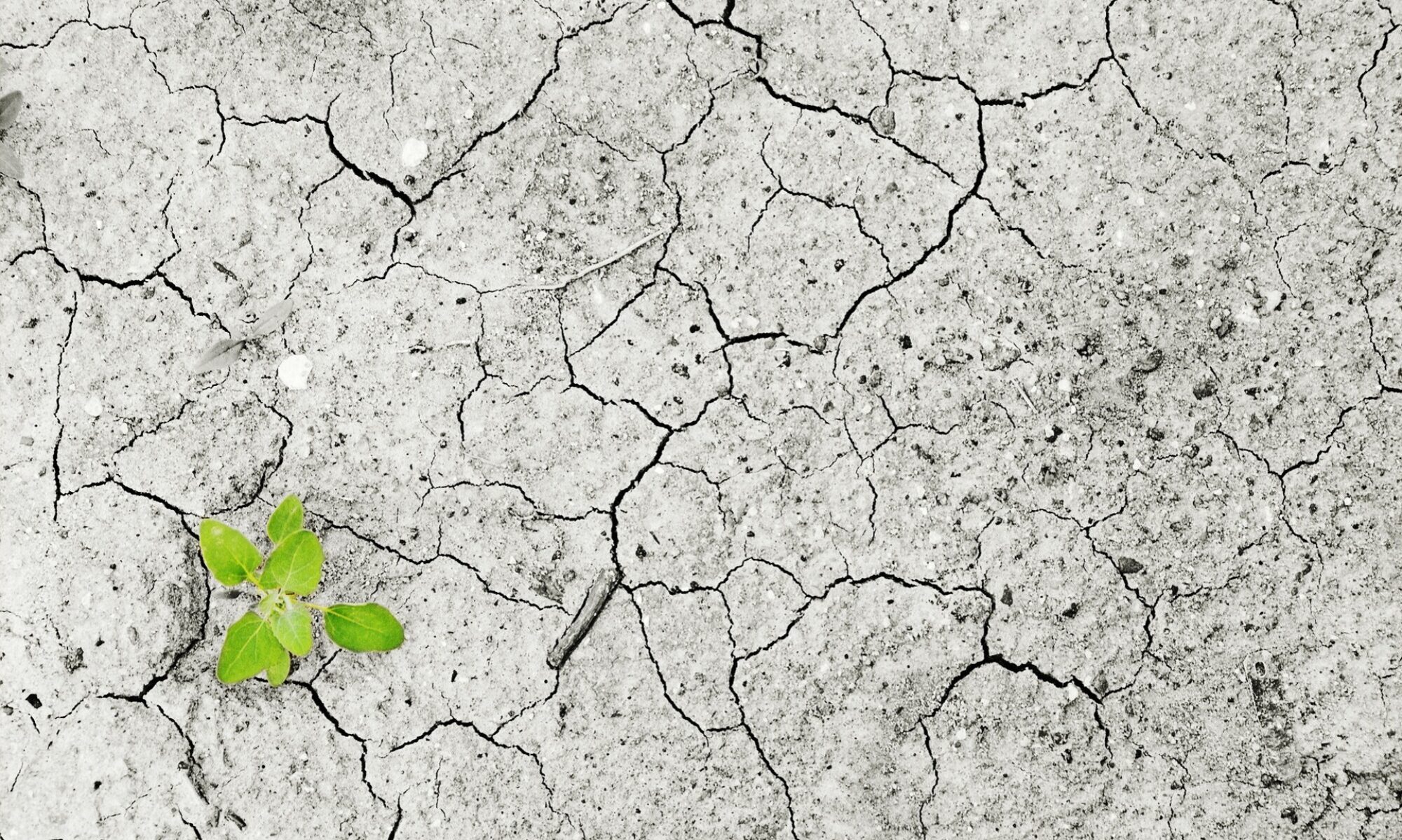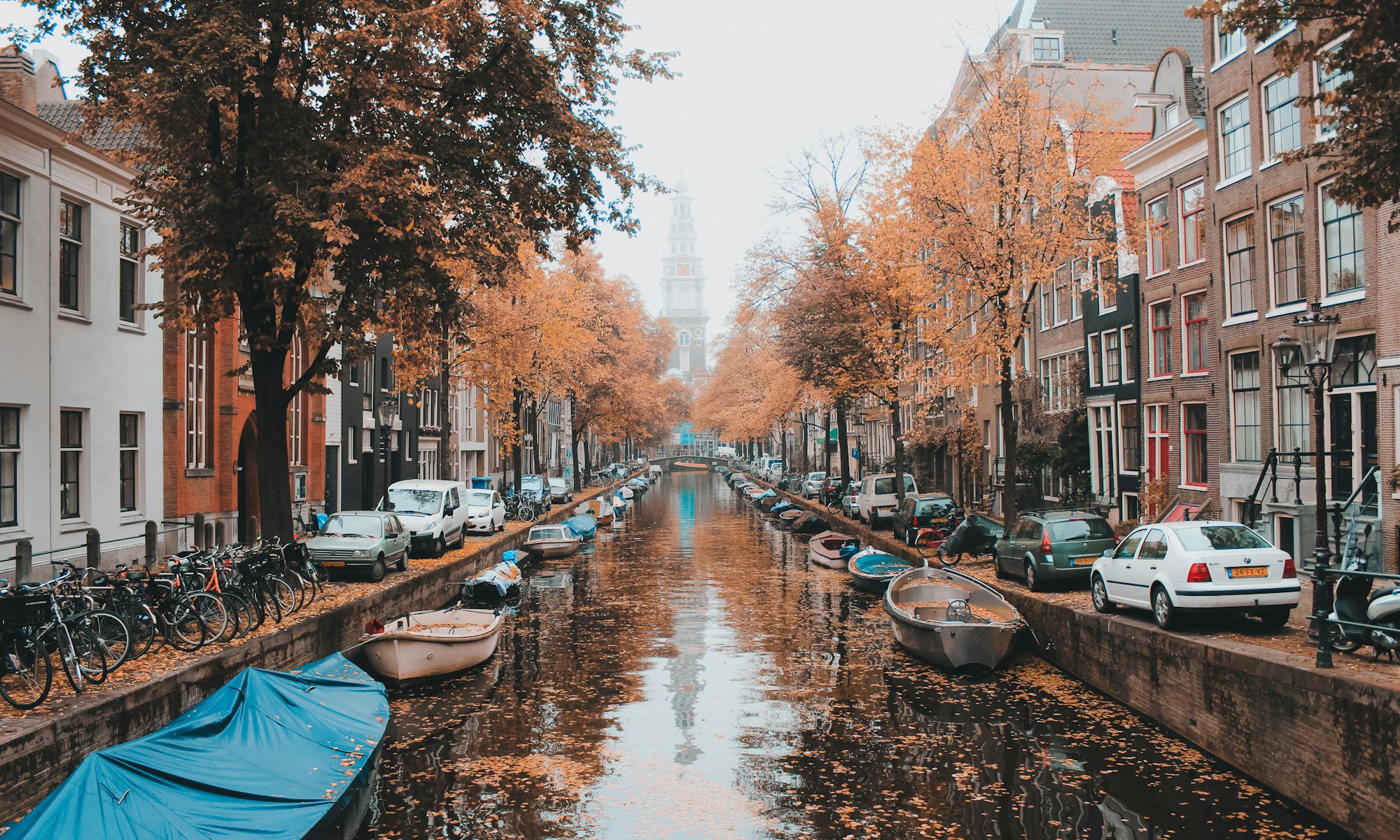4 June 2023 – by Darina Kalamova
Bonaire is an island located in the southern Caribbean Sea. Due to its small size and low elevation, it is highly susceptible to the negative effects of climate change. These effects encompass flooding, intense rainfall, prolonged periods of high temperatures, as well as the degradation and potential loss of coral reefs.
The Report
In 2022, a shocking study, outlining climate change’s effect on the island, was published. The report revealed how climate-related issues are already impacting the everyday experiences of individuals residing in the Caribbean region and what could happen in the near future if immediate action is not taken.
Legal Action
The island became a special Dutch municipality in 2010 and since then the Dutch government has been responsible for implementing any climate measures.
As a result of this and the study from 2022, a group of Bonaire inhabitants, together with Greenpeace, has launched legal action against the Dutch government, claiming that it has neglected its duty to safeguard the island against the impacts of climate change.
Citizens fear that climate change will have disastrous consequences for the island’s unique flora and fauna, their health, and livelihoods. The plaintiffs emphasized that the Dutch government should speed up its work on limiting global warming below 1.5 degrees and that emissions from the Netherlands should be reduced to zero by 2040.
This is not only due to the significant CO2 emissions originating from the European Netherlands, but also because the residents of Bonaire are Dutch citizens, who should be treated as such. For example, according to Faiza Oulahsen, Head of Climate and Energy at Greenpeace, there are standards against flood risks, dykes, and a lot of policies in the European Netherlands that do not exist in Bonaire.
Government’s Response
As a response, the Dutch government put up a statement pledging to accelerate its efforts. In addition, it recently announced that it would increase its funding to make it easier for the island to access existing energy transition and economic subsidies. However, if the Dutch government does not come up with a long-term solution, the plaintiffs are planning on filing a formal legal challenge and standing trial. The government is given until the end of September to come up with a plan of action.
A Global Movement For Climate Justice
The Bonaire climate case is part of a global movement for climate justice, spearheaded by coastal and island residents, who despite contributing the least to the climate crisis, are disproportionately bearing the brunt of its effects.



